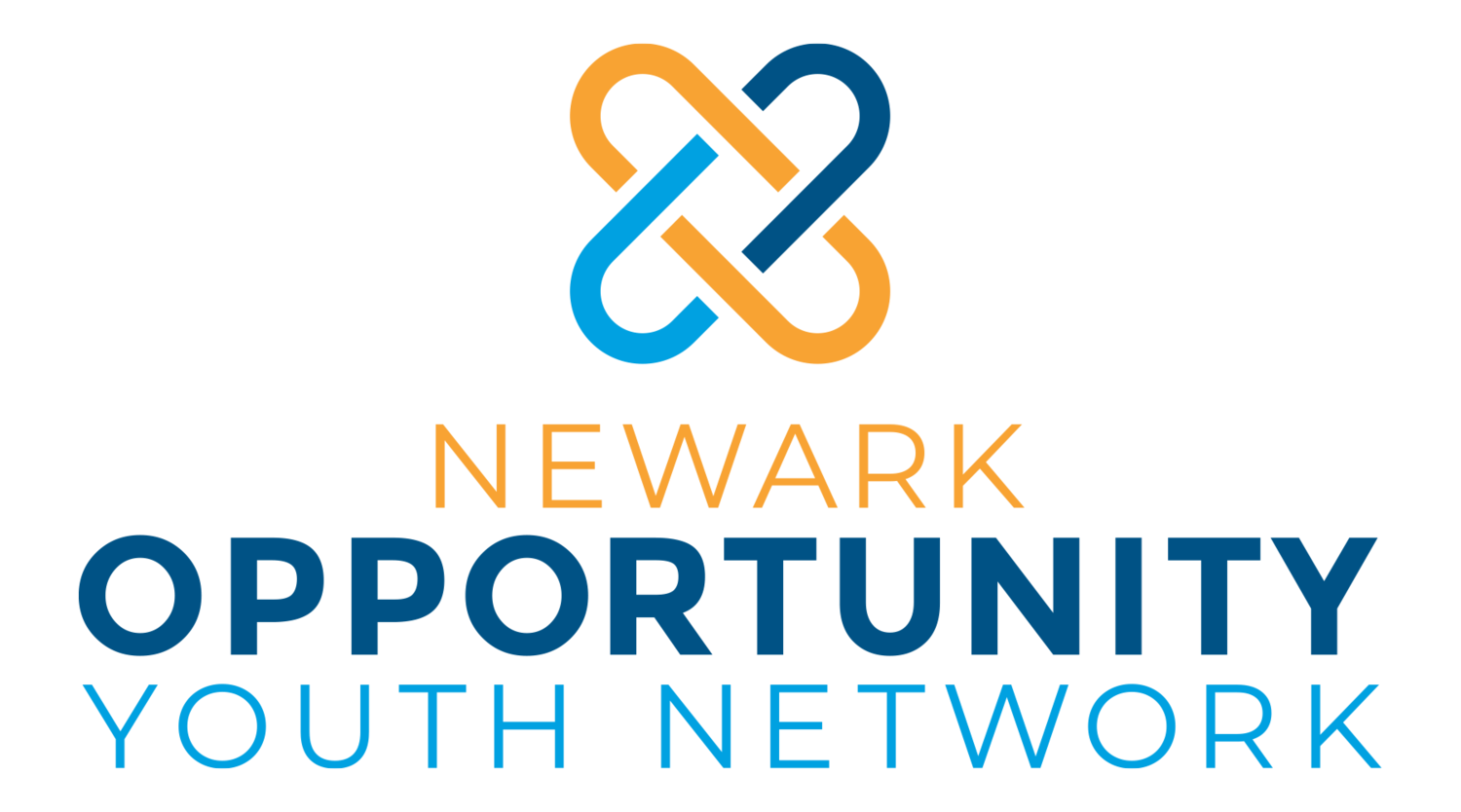Digging Deep: LEAD Charter School students participate in environmental justice service learning project
Newark, New Jersey – A group of 10 LEAD Charter School students are getting their hands dirty and digging deep into environmental justice as a part of a service learning project in partnership with the Greater Newark Conservancy. As an initiative of Opportunity Youth Network (OYN), LEAD implements the YouthBuild model of education combined with workforce development, giving students the opportunity to graduate with a high school diploma and an industry-recognized certification in construction or Allied Health.
The Greater Newark Conservancy is a local organization that “fosters collaboration in the community at the intersection of environmental, food, and racial justice to promote the health and well-being of Newark residents.” Students participated in over 20 hours of service learning at the 32 Prince Street and 446 Hawthorne Avenue locations through community organizing, research and hands-on learning.
“Through this service learning project, our students gain a sense of ownership in how food systems are created and maintained in their community,” said Jasmine Joseph-Forman, Chief Program Officer at OYN. “The Greater Newark Conservancy has a wealth of resources for young people to engage with and we are grateful for their partnership.”
Science instructors at LEAD recommended the cohort members to participate in the project. At the 32 Prince Street location, students participated in the process of organizing, labeling, and assisting in the general cleaning of a variety of plants, including jambalaya okra, tomatoes, eggplant and arugula, within the greenhouse. Students planted seedlings and unearthed and demolished flowerbeds at the 446 Hawthorne Avenue location.
Shabani Stewart, Managing Director of Curriculum and Instruction at LEAD, said, “It’s our hope that students will be able to understand that their efforts have a bigger impact beyond just themselves. Through the process of putting their hands in dirt and planting seedlings that will grow and evolve and one day feed people, students can experience firsthand the power of transformation for themselves, their families, and the community.”
The group of young people worked on this project for three months with each month focusing on specific issues. March focused on environmental justice; April focused on community organizing and food justice; and May focused on urban agriculture in Newark. The academic portion of the project focused on learning about how the Earth’s systems connect, which helps connect the theory with the hands-on learning done at the conservancy.
LEAD Charter School student Atiya added, “This is a project that I'm happy that I joined because you never know what it might lead to or what experience you might gain from it. It's actually fun when you get past the not wanting to be in the dirt and all the bugs and stuff—just enjoying life and what we have here in the present.”
To learn more about LEAD Charter School and the hands-on opportunities it offers to young people, visit https://www.leadcharterschool.org/.



